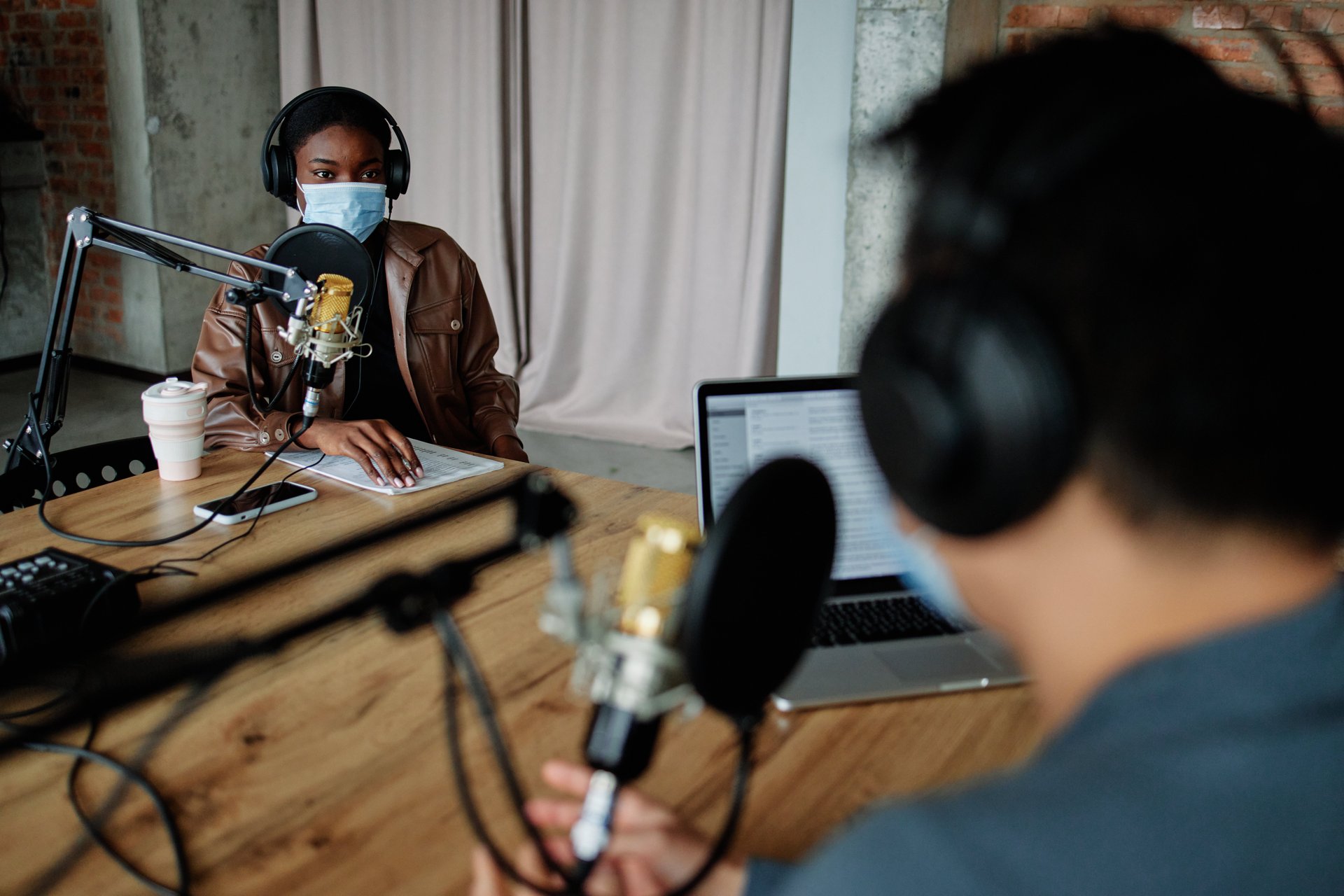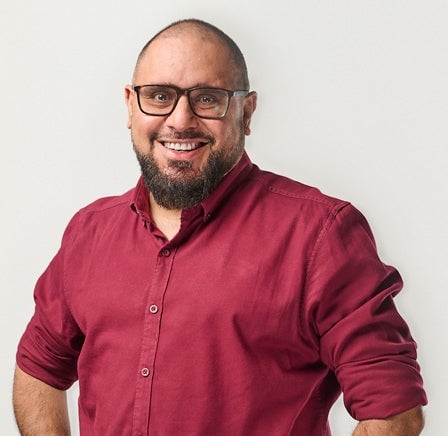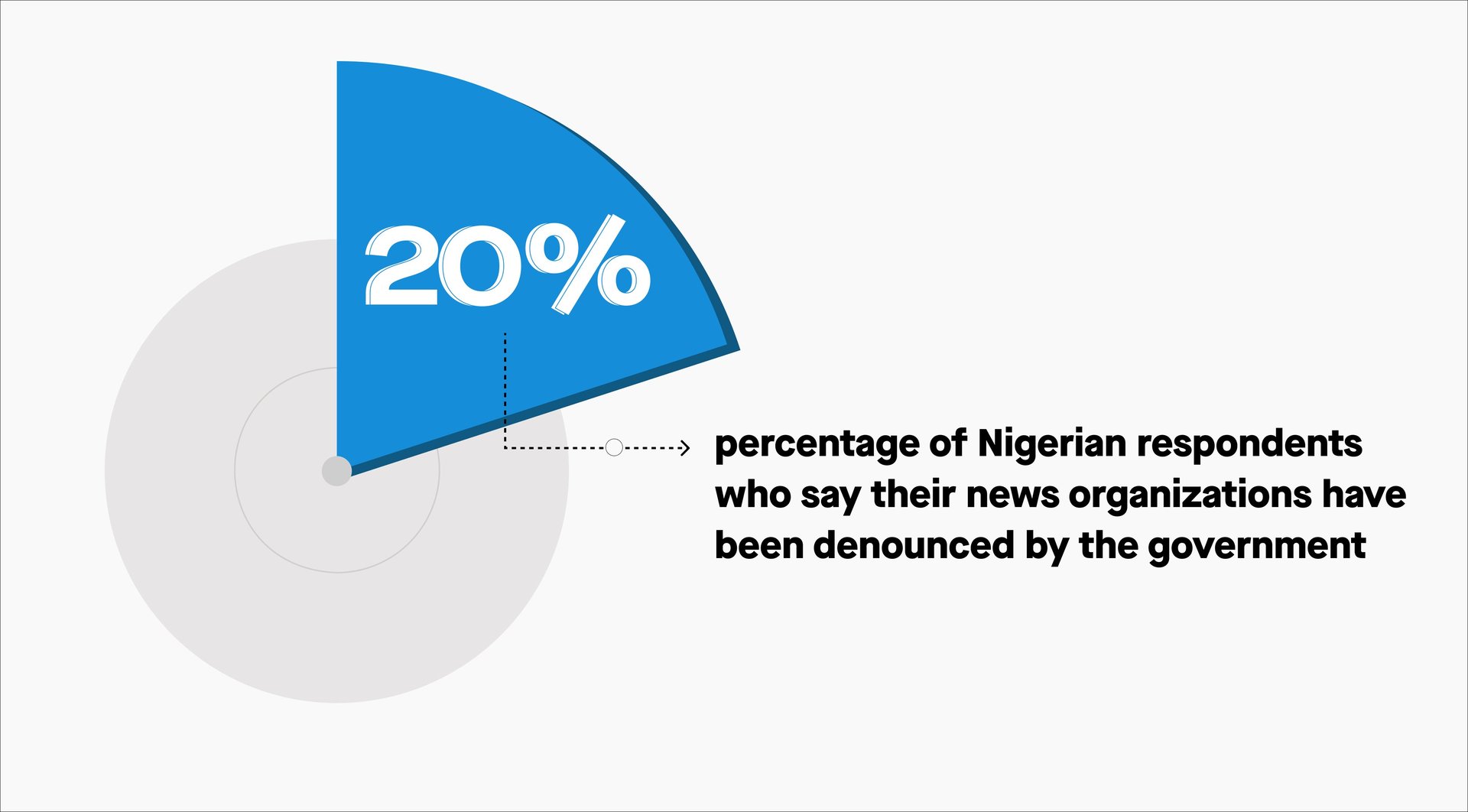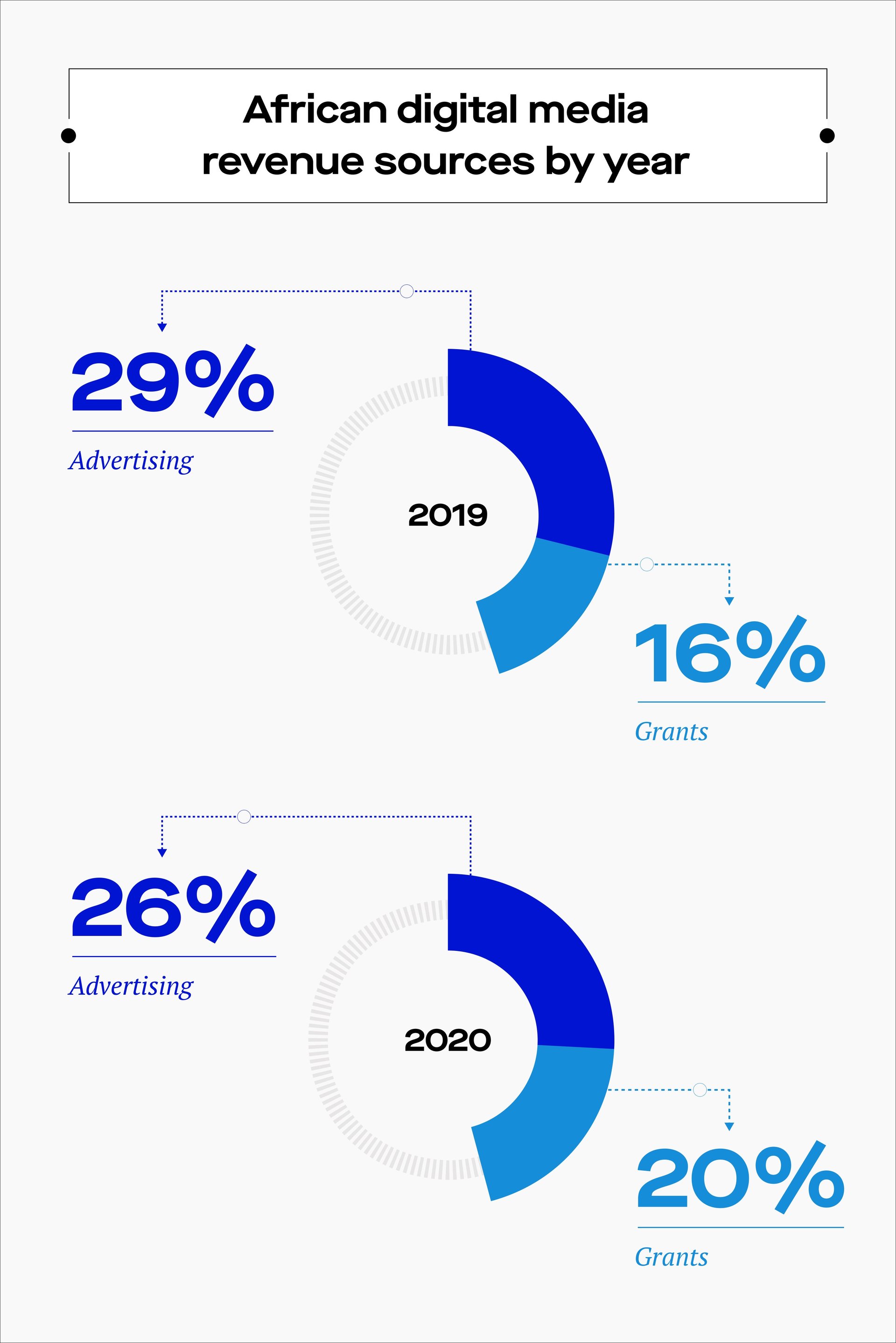Despite challenges, digital news media is flourishing in Africa. Here’s how.
A comprehensive new study, created by the non-profit publishing network SembraMedia with support from the global philanthropic organisation Luminate, has provided a first-of-its-kind look at the impact and evolution of Africa’s digital media.



A comprehensive new study, created by the non-profit publishing network SembraMedia with support from the global philanthropic organisation Luminate, has provided a first-of-its-kind look at the impact and evolution of Africa’s digital media.
Researchers interviewed leaders from 49 organizations in Ghana, Kenya, Nigeria, and South Africa, where digital media has emerged as a powerful force in society and politics. These revealed five important implications for funders, development leaders, tech companies, and businesses working in Africa—not to mention supporters of quality journalism everywhere.
Award-winning reporting fills coverage gaps
In some parts of the world, digital outlets position themselves as alternatives to legacy media, challenging the establishment for audience, ad dollars, and prestige. In Africa, digital news organizations often play a different role. They have stepped up to combat news deserts, reporting on places and issues that were not being covered at all. By doing so, they have developed readerships in under-served areas and broadened representation. As James Smart, co-founder of Kenya’s Tazama World Media, told the study’s researchers: “We created a news organization in a community that had no other local news source.”
But not all news is local. According to Abdul Noormohamed, who leads Luminate’s funding activities in Africa, many African digital journalists are looking at the big picture, too. Of the organizations surveyed, he says, “14% cover international news, and 23% provide regional coverage across multiple countries.”
As a result, Africa’s digital players have helped build media literacy in their communities and they have produced work that merits recognition on the world stage. Researchers found that 57% of African newsrooms have received national awards for their work, and 28% have garnered international acclaim.
Community impact creates corporate consequences
Despite operating in a fractured media landscape with limited staff and technology, Africa’s digital newsrooms have made an outsized impact. A whopping 85% of digital leaders say their work has contributed to significant social and political change, ranging from getting corrupt politicians fired to increasing civic engagement to making changes in the law.
But along with progress comes serious concerns about media freedom and journalist safety. Fifty-four percent of African media organizations say they and their staff have faced online harassment and threats, and 36% have experienced DDoS (distributed denial of service) attacks, a coordinated form of digital assault that can bring down websites and apps.
Attacks are not limited to cyberspace, either. Many digital media organizations have been targeted by lawsuits and other forms of legal intimidation.
In Nigeria, 20% of survey respondents say their organizations have been denounced by the government. This type of intimidation has a chilling effect: Some media leaders told researchers that they could not afford defense attorneys, so they purposefully censored their journalism to avoid potential legal trouble.

At the same time, sweeping acts of digital censorship—like Nigeria’s ban on Twitter, which began in June 2021—have helped raise global awareness of how much is at stake. That’s thanks in large part to journalists like David Hundeyin, a Nigerian reporter who frequently contributes to the online outlet NewswireNGR. He spoke out in an interview with the Committee to Protect Journalists, saying: “NewswireNGR sees up to 60% of [social media traffic] coming from Twitter alone. In addition to distribution, it is also an extremely important resource for discovering, aggregating, and communicating with story sources.”
Reporting that creates reader action requires investment
Investigative journalism often focuses on exposing and detailing problems: what really caused an environmental disaster, how government officials broke the law. Almost half of African newsrooms surveyed are taking a different approach by engaging in solutions reporting. For comparison,15% of Southeast Asian newsrooms are doing solutions-oriented journalism.
This style of journalism combines investigative reporting with narratives that highlight responses to social problems. Reporters also apply rigor to explore why a particular approach was effective, and how it can be replicated. With this approach, “Journalists can change the way communities look at their relationship with their environment or at issues like gang violence,” says Mapi Mhlangu, the regional research coordinator for Inflection Point Africa.
Because this type of work is so complex, solutions journalism benefits from partnerships and direct investment. In Africa, researchers determined the uptick in solutions reporting was linked to recent expenditures in training, like the Solutions Journalism Africa Initiative. This partnership between the Solutions Journalism Network (SJN), Nigeria Health Watch, and Science Africa supports journalists with fellowships and skills development, empowering them to pursue bigger and better stories.
Fact-checking is another essential tool for solutions journalism, but doing it properly is resource-intensive. Noormohamed points to PesaCheck as a prime example of growth through collaboration.
“Initially, the organization focused on verifying financial numbers and other statistics quoted by public figures in Kenya, Tanzania, and Uganda,” he says. Now, thanks to an expanded network and links to other watchdog groups, PesaCheck fields full-time researchers in 12 countries. Its language capabilities are another key to success: “PesaCheck fact-checks in English and French, as well as major African languages such as Kiswahili and Amharic,” Noormohamed says. “It’s kickstarting fact-checking across Africa.”
The health of digital media demands better data
Only 19 of the 49 African newsrooms studied were able to share financial metrics with the study’s authors; communication difficulties caused by limited bandwidth and telecom access during the pandemic was one issue, but the more significant one was a lack of thorough data collection and analytics practices.
Researchers reported that many leaders they spoke with could not answer in-depth financial questions because they weren’t tracking the necessary numbers, didn’t have access to the data, or weren’t familiar with these kinds of accounting questions. As the UN’s International Telecommunications Union reported in a recent publication, closing digital skills and access gaps will help African organizations—including media—adopt data-driven strategies and analytics capabilities.
That said, researchers were able to determine that in Africa, unlike other parts of the world, digital media is still largely ad-supported. In 2020, African outlets studied earned 26% of their income from advertising, down slightly from 29% in 2019. And while many digital-native organizations in Latin America and Southeast Asia rely on grant funding as their primary revenue source, African organizations reported just 20% of revenue from grants in 2020, up from 16% in 2019.

Revenue growth hinges upon both human talent and better technology
Perhaps unsurprisingly, the study also found that organizations with a dedicated sales staffer earned up to six times more revenue than those without. Likewise, publishers with robust websites have more opportunities to monetize content via paywalls, online subscriptions, and branded content packages.
However, open-source content management systems like WordPress—and free third-party tools like social media—are cheaper and require less effort to maintain. This is crucial in Africa, where software, broadband access, and digital skills are often limited.
Online payment systems are another hurdle to be overcome: Nigeria’s HumAngle abandoned plans for a paywall after finding it difficult to set up a reliable system. Making matters worse, HumAngle discovered that international readers would not trust a Nigerian IP address with financial information.
Opportunities abound in Africa’s digital media landscape
The continent’s digital-native news organisations are blazing a trail for ambitious, innovative journalism, and global relevance of their work has become increasingly apparent. Until recently, Mhlangu notes, “The world didn’t know that South Africa was way ahead when it comes to studying different Covid variants. There’s a huge need for niche reporting that gives a holistic look at the continent, and there are endless possibilities for funders interested in public health, science, climate change, and innovation.”
Noormohamed agrees. “Grant funding has helped media through a pivotal moment of change,” he says. “It is, however, important that diverse funders come in and support media in these challenging times. That’s why we’ve backed a new body, the International Fund for Public Interest Media, which offers an independent, multilateral way of channeling donor funding to worthy media outlets in need of support. It’s calling on all kinds of funders to pool their resources—government development agencies, philanthropies, private sector companies.”
As a leading global supporter of independent media and civic empowerment, Luminate sees exciting opportunities in the region, including:
- Protecting journalists by enhancing cybersecurity and press freedom
- Expanding audiences and reporting capability by increasing broadband access, digital literacy, and internet and computer skills
- Developing tools and training for data collection and analytics that can be used to measure financial health and support investigative reporting
- Innovating online payment systems and publishing platforms that strike a balance between affordability and functionality
- Building digital media partnerships across Africa and internationally